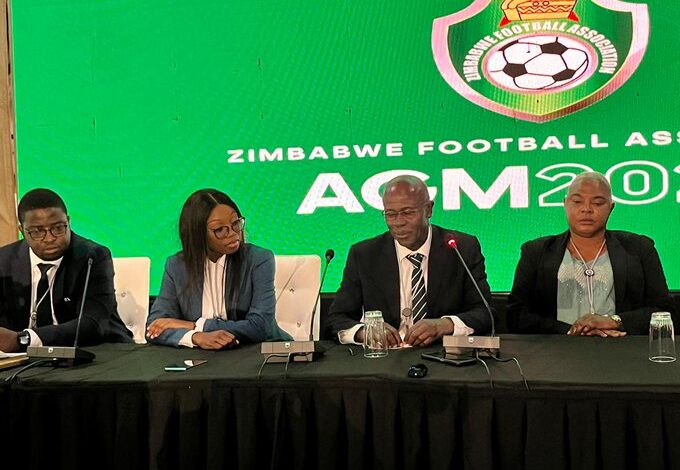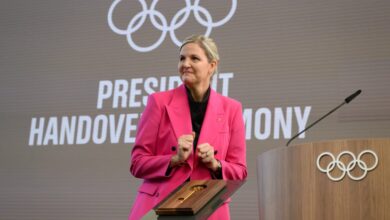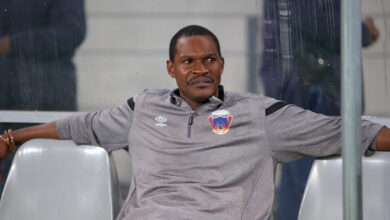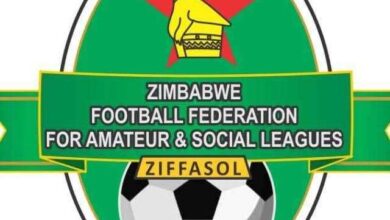ZIFA Sets the Stage for Upcoming Elections

The ZIFA Normalisation Committee has made it clear that football officials currently holding positions in the association’s structures must relinquish their posts if they wish to run for positions within the executive committee in the upcoming elections. The much-anticipated elections, scheduled for January 25, 2025, have sparked widespread interest within Zimbabwe’s football community, especially following the opening of nominations last Friday.
In a statement yesterday, the committee’s chairman Lincoln Mutasa, alongside legal expert Nyasha Sanyamandwe, outlined the election roadmap, with another committee member, Rosemary Mugadza, present. The committee set a December 11 deadline for the submission of nominations, followed by an eligibility test. The final shortlist of candidates will be confirmed on December 23.
Sanyamandwe emphasized that while the elections are open to all interested candidates, potential conflicts of interest will not be tolerated. “If you want to run for an executive committee office but still hold a position within the membership structures, the electoral code is very clear. Issues to do with conflict of interest should not be tolerated,” he stated, urging those in such positions to step down prior to seeking nominations.
The ZIFA executive committee has been vacant since the removal of the previous board led by Felton Kamambo in 2021. The Normalisation Committee, installed by FIFA in 2023 to restore order following a FIFA suspension, will oversee the elections.
Concerns have been raised about the credibility of the upcoming elections, particularly regarding the delegates who will vote. The same councillors who have faced accusations of corruption and electoral fraud have been questioned for their involvement in the process. Sanyamandwe addressed these concerns, stating that legally, if no formal charges or convictions exist against any individual councillor, the committee cannot disqualify them. “The law is the law, and as far as we are concerned, the delegates are independent,” he remarked.
Mutasa, reflecting on the committee’s work, explained that while FIFA’s mandate focuses solely on the executive committee elections, future reforms may address the issues of credibility within the football structures. “Our mandate is clear: to conduct these elections. The new board will have the freedom to handle other issues,” he said.
The elections will be governed by a new electoral code and ZIFA statutes, which will be ratified at the ZIFA congress. The executive committee will consist of 11 members, including the president, two vice-presidents (one of whom must be a woman), and six committee members. The new statutes stipulate that candidates must have been residents of Zimbabwe for at least two years before the election, with a minimum of five years of football involvement in the last decade. Candidates for the presidium must have at least five O-Levels or equivalent qualifications.
Additionally, all candidates must undergo an integrity test conducted by the ethics committee, which is headed by veteran legal practitioner Muchadeyi Masunda. Any candidates with prior criminal convictions will be disqualified.
The final list of successful candidates will be published on January 15, 2025, and the elective congress will mark the end of the Normalisation Committee’s mandate on January 25, 2025. This election is seen as a significant milestone in the process of restoring normalcy to Zimbabwean football.
Mutasa expressed optimism about the future, highlighting that the committee has made progress in several areas, including restructuring the secretariat, reviewing ZIFA statutes, and ensuring financial transparency. He also noted the committee’s collaboration with the Sports and Recreation Commission (SRC) to address critical issues like sexual harassment.
As Zimbabweans prepare to vote for their new football leadership, all eyes will be on the January elections to see if the process can usher in a new era of stability and integrity for the nation’s football scene.




